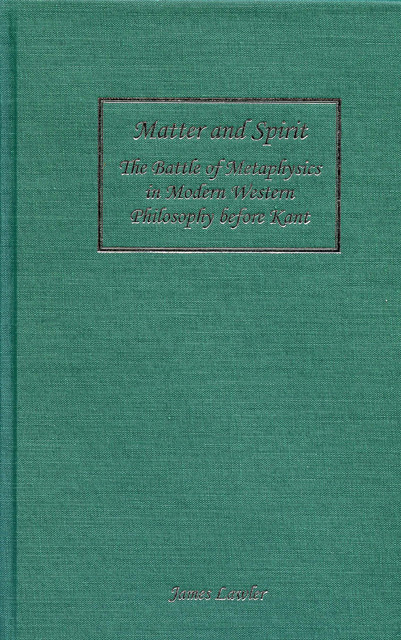14 - Justifying God's Ways: Kant's Progress from Leibniz through Pope to Rousseau
Published online by Cambridge University Press: 17 March 2023
Summary
VOLTAIRE'S SATIRE OF LEIBNIZ: CANDIDE
In 1759, Voltaire published his satirical novel, Candide, or Optimism, which lampoons the doctrine of Leibniz in the character of Dr. Pangloss. A young man, Candide, follows the lectures of Dr. Pangloss “with all the good faith of his age and his character.” What did Dr. Pangloss teach his young student? Voltaire’s novel describes the philosophy of Leibniz as follows:
“It has been proved,” said he, “that things cannot be otherwise than they are; for, everything being made for a certain end, the end for which everything is made is necessarily the best end. Observe how noses were made to carry spectacles, and spectacles we have accordingly. Our legs are clearly intended for shoes and stockings, so we have them. Stone has been formed to be hewn and dressed for building castles, so my lord has a very fine one, for it is meet that the greatest baron in the province would have the best accommodation. Pigs were made to be eaten, and we eat pork all year round. Consequently those who have asserted that all is well have said what is silly; they should have said of everything that is, that it is the best that could possibly be.”
The Lisbon earthquake is a central event in the early part of the novel. The powerful rulers of Lisbon, both secular and religious, choose what seems to them the best way of dealing with this event:
After the earthquake, which had destroyed three-quarters of Lisbon, the wise men of the country had found no means more effectual for obviating total ruin that that of giving the people a fine auto-da-fé; it was decided by the university of Coimbra that the spectacle of a few people roasted at a slow fire, with grand ceremonies, is an infallible specific for preventing earthquakes. They had therefore seized a native of Biscay, who had been convicted of marrying a fellow god-parent, and two Portuguese, who in eating a fowl had rejected the bacon [Jews avoiding pork].
As a result of the inquisitorial event, Candide is whipped and Pangloss himself is hung.
- Type
- Chapter
- Information
- Matter and SpiritThe Battle of Metaphysics in Modern Western Philosophy before Kant, pp. 443 - 466Publisher: Boydell & BrewerPrint publication year: 2006

